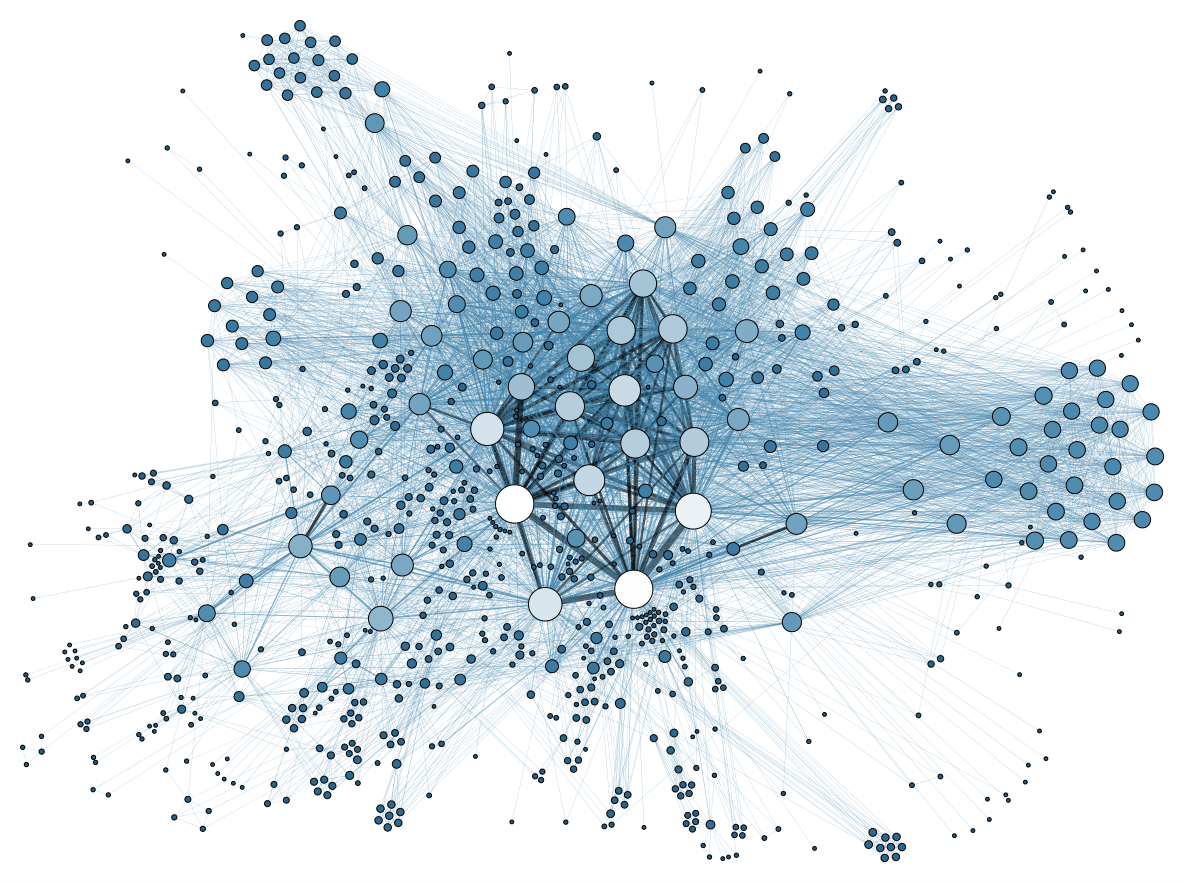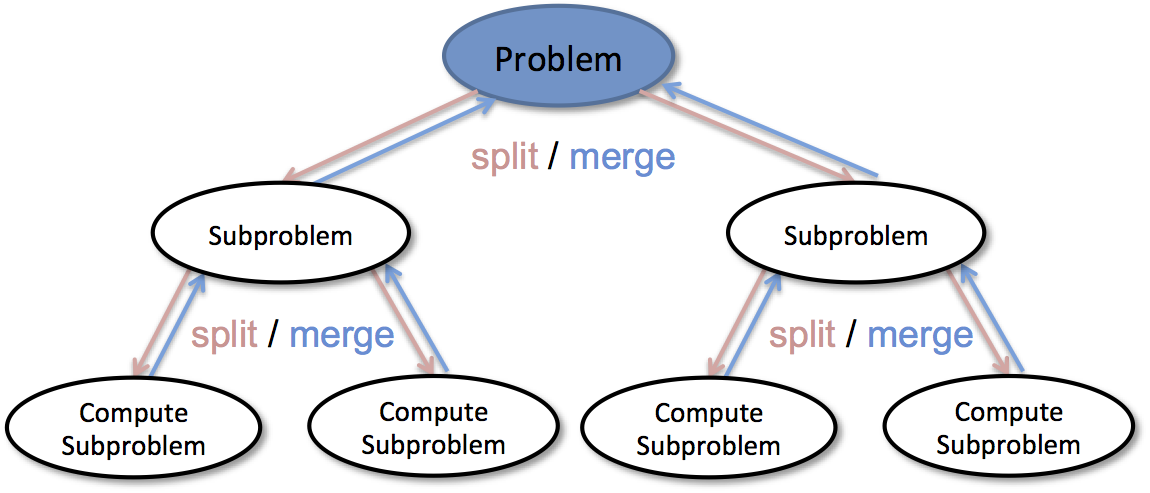Jim Dowling is the CEO of Logical Clocks AB, an Associate Professor at KTH Royal Institute of Technology, and a Senior Researcher at SICS RISE in Stockholm. His research concentrates on building systems support for machine learning at scale. He is the lead architect of Hops Hadoop, the world's fastest and most scalable Hadoop distribution and only Hadoop platform with support for GPUs as a resource. He is also a regular speaker at Big Data and AI industry conferences.
Best Practices for Using Functional Programming in Python
Python is a very versatile, high-level programming language. It has a generous standard library, support for multiple programming paradigms, and a lot of internal transparency. If you choose, you can peek into lower layers of Python and modify them – and even modify the runtime on the fly as the program executes.
Demystifing Graph Algorithms
Greedy Algorithm and Dynamic Programming
In an algorithm design there is no one 'silver bullet' that is a cure for all computation problems. Different problems require the use of different kinds of techniques. A good programmer uses all these techniques based on the type of problem. In this blog post, I am going to cover 2 fundamental algorithm design principles: greedy algorithms and dynamic programming.






